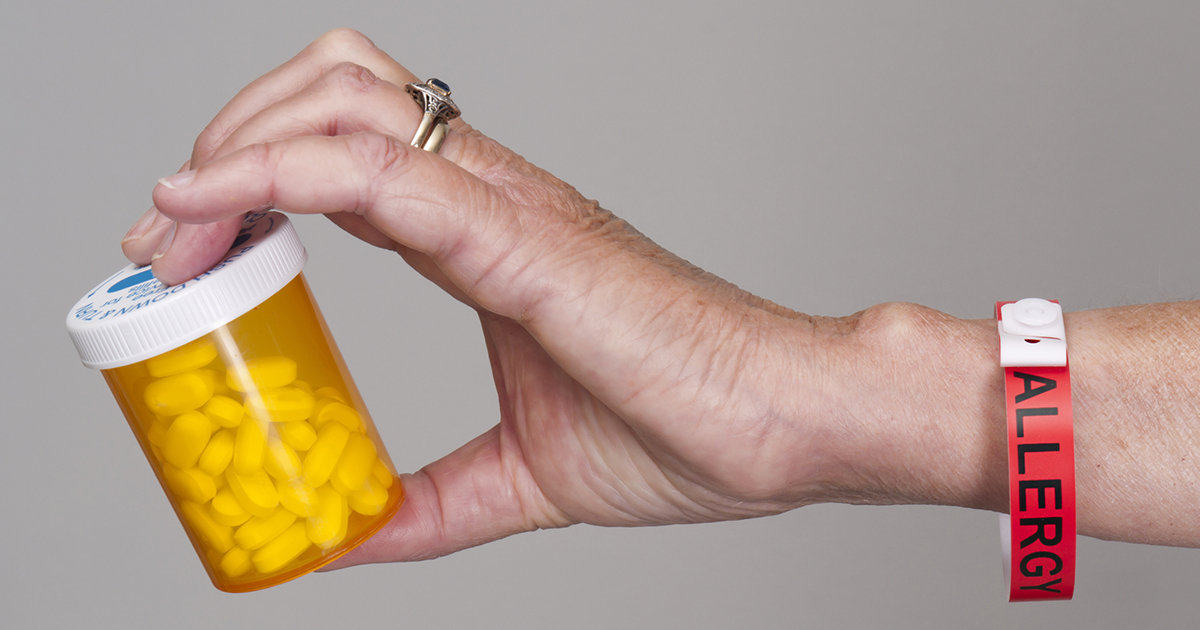Risk Factors And Causes of Premature Ventricular Contractions
Premature ventricular contractions (PVCs) are additional heartbeats that originate in the ventricles or one of the two lower pumping chambers of the heart. These extra heartbeats disturb the regular heart rhythm, and they can make an individual feel a fluttering sensation in the chest. An occasional PVC in an otherwise healthy individual is relatively normal, however, frequent contractions may indicate an underlying heart condition that may require treatment. Often times, PVCs are asymptomatic, or they cause no noticeable symptoms. However, when they do it typically includes the sensation of pounding or jumping in the chest, missed or skipped heartbeats, increased awareness of the heartbeat, and fluttering in the chest.
Diagnosis of frequent premature ventricular contractions by a physician is important to identify the underlying cause of them. The reason being that the same symptoms can manifest in other conditions including anxiety and anemia. Several causes and factors would increase an individual's risk of frequent premature ventricular contractions.
Decongestants And Antihistamines

Decongestants and antihistamines are often used to treat congestion that occurs in colds, respiratory infections, and allergies. These medications can also trigger premature ventricular contractions. Congestion happens when the small vessels in the nasal lining become enlarged. This causes swelling in the nasal passages making it easier for phlegm to become clogged these areas. This is when many individuals would use a decongestant or an antihistamine to relieve these unpleasant symptoms. Decongestants work by constricting the enlarged vessels in the nose, and antihistamines work by blocking an inflammatory chemical called histamine.
Although decongestants do well at relieving congestion symptoms, the vasoconstriction effects are not isolated to the nasal passages. This medication causes all of the blood vessels in the body to constrict, resulting in an increase in heart rate and blood pressure. Frequent use of antihistamines can put an individual at an increased risk of premature ventricular contractions because they interfere with sodium channels that regulate the heartbeat.
Increased Adrenaline In The Body

Increased adrenaline in the body can cause an individual to experience premature ventricular contractions. Adrenaline or epinephrine, the fight or flight hormone, is released by the adrenal glands. The primary function of adrenaline is to physically prepare the body for sudden and or vigorous action in times of distress. Adrenaline is supposed to increase the blood pressure and heart rate, expand air passageways in the lungs, redistribute blood to the muscles, dilate the pupil of the eye, and change the metabolism to maximize glucose.
Increased levels of adrenaline can be caused by general stressful situations, a threat, extreme activities like bungee jumping or riding a rollercoaster, a tumor in the adrenal glands, anxiety, post-traumatic stress disorder, and excitement. The physical effects of adrenaline on the body can disrupt the natural rhythm of the heartbeat in numerous ways. One of the ways it may do so is by PVCs. When the heart is contracting and relaxing at a high rate due to high adrenaline levels, it has a higher likelihood of unintentionally contracting one of its chambers earlier than it should. When this happens in the bottom chambers or the ventricles, it is considered a premature ventricular contraction.
